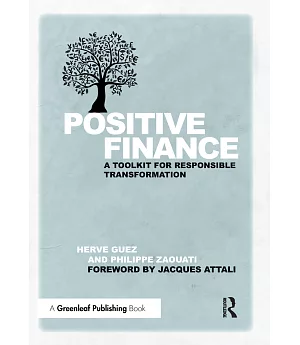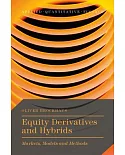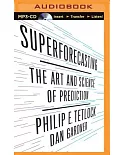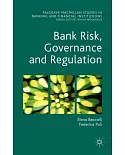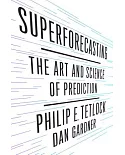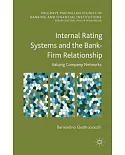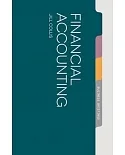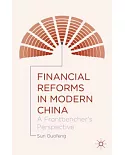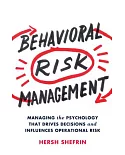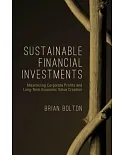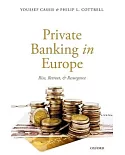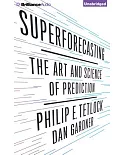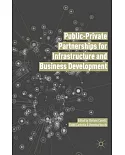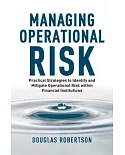For some, finance is the enemy, solely responsible for the global financial crisis and symbolic of an outdated model that is catapulting us toward social and ecological ruin. And such a view
can seem tempting. The 2007-2008 meltdown of the financial system was intimately bound to the financialization of the economy and its consequences – particularly a tendency to take undue risks,
promoted by existing mechanisms for compensating bankers and their corollary, a marked deepening of socioeconomic inequalities. In answer to these failures, public authorities all over the
world unleashed an unprecedented wave of recommendations, including attempts to segregate the proprietary activities of banks, a reinforcement of treasury and liquidity requirements for
financial institutions, and close scrutiny of compensation. But the effectiveness of this response is doubtful. Furthermore, the waywardness of finance is in reality merely an indicator that
our economic model is obsolete. It is possible to imagine another way, which would consist of seeing finance as a “toolkit” for building a solution to the crisis.
Transforming the economic model and reducing the ever-widening gulf of inequality, while taking into account environmental constraints, is extremely costly. We have to re-envision the
allocation of capital in order to support social and technological innovations, to design and build sustainable infrastructure, and to finance the energy transition. Reinvented, finance could
become a powerful lever for setting these transformations in motion. This book is dedicated to proving that such leverage is within reach: here, the authors present a toolkit for putting money
to work in the general interest.

